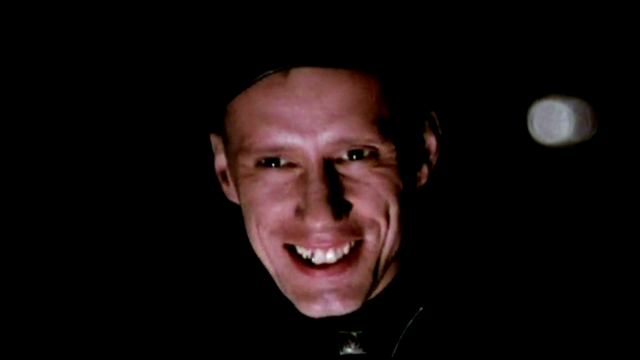Joseph Wambaugh, a former cop, wrote fiction and nonfiction that has probably done the most to make the Los Angeles Police Department a place where real people do real things; he’s a necessary counterweight to the mythic stories of Michael Mann, Shawn Ryan, and James Ellroy. (The recently finished TNT series Southland probably came closest to Wambaugh’s tone.) The Onion Field, his first nonfiction book, tells the story of a 1963 case where two men kidnapped two LAPD officers, took them to a deserted farm, and killed one of them. What gives it so much power was how Wambaugh followed the story past that night, through the seemingly endless interrogations, trials, and appeals, creating not so much a dramatic arc for the survivors but a sense of the relentless weight of events. It’s not as elegant as In Cold Blood or as expansive as The Executioner’s Song but just as compelling as either one.
Harold Becker’s 1979 film faithfully adapts the book, matching the directness and relentlessness of Wambaugh’s tone. Like Zodiac, this is the rare procedural that’s really about the process and what it does to the people caught in it. We often compliment long movies by saying they don’t seem long; this is a two-hour movie that feels like five because the story just won’t end, and that’s a compliment too. (If we don’t end this film as exhausted and broken as the characters, it’s not for lack of trying.) As the cops, Ted Danson and John Savage bring across their youth and fear; as the killers, Franklyn Seales and especially James Woods (follower and leader) are equally convincing and frightening, if for different reasons. By now, we’re used to Woods being so scary (in a movie. Right) but it’s still a shock to see him here. He’s playing a guy who tries to play a violent alpha male, and he’s more dangerous because he’s trying so hard–you can see him as another version of his lowlife in Casino or maybe as the dark side of Vincent Hanna.
The Onion Field streams free for Amazon Prime subscribers.

